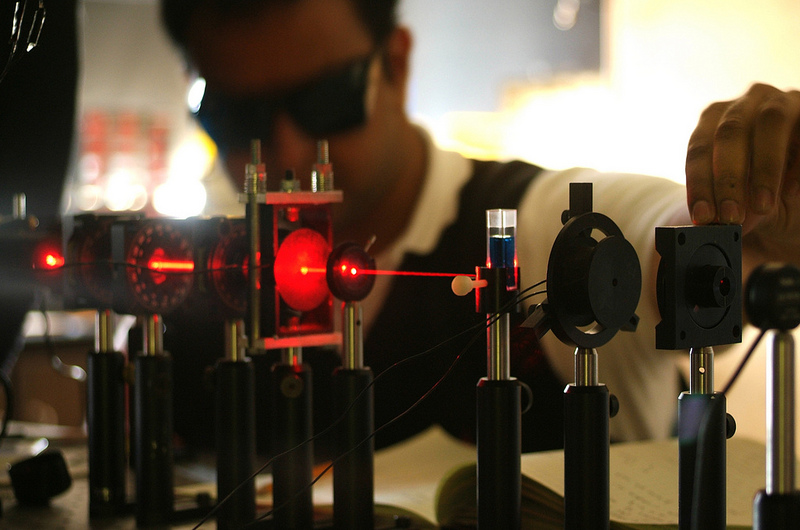October 2016

Transparency is important on both sides of the relationship. Transparency means being clear, honest, and working to maintain open lines of communication to help build trust and align expectations. This can be beneficial to any relationship, from professional to personal, and is especially applicable to internships and research positions since these jobs are usually the first glimpse students have into the office setting or research role.
For example, one summer I worked as intern at a large, international company. I walked in with many expectations: to learn about the oil and gas industry, to network, and to do good work. However, the most impactful moment of this temporary, three month position had nothing to do with the technicalities of a natural gas compressor station or how many business cards I collected. It was a small bit of advice shared by a coworker and mentor.
“Aim for transparency,” she said. “Be open with your manager. Let him know exactly what you’re doing at all times.”
My manager was someone high up on the executive ladder and spent most of his days in a long schedule of meetings. He had an open door policy, but only on the rare occasions he was in his office in the wee hours of the morning. I understood he was a very busy man, and I did not want to waste his time. Initially, I felt thankful that there were other employees to answer my endless slew of questions, and that I didn’t have to wait to catch him between a meeting or for him to respond to my email. However, this also meant he was not being updated on my progress, and naively, I didn’t consider how my actions would be perceived. I knew I was coming in early every morning and working through lunch, but he didn’t. In his mind, lack of communication between us meant one of two things: I was either slacking off or doing really well in my position. Maybe it was one, maybe both. Maybe neither. Almost like the Schrödinger's cat of the workplace. Halfway through the internship, he asked my mentor how I was doing, since he hadn’t seen me in almost two weeks. This was when she imparted the advice that forever changed my view of working relationships.
This uncertainty was completely avoidable. Yes, he was busy, and yes, being new to the position, I had a lot of questions, but communication is necessary to build and maintain professional relationships. Furthermore, just like in any sort of relationship, there is an obligation on both sides to take the time to grow and nurture the connection. In a situation like this, there is no feedback loop. This sharing and receiving of information is crucial to the success of a project and the growth of the professional relationship. Updates allow for the clarification and reaffirmation of expectations on both sides. Additionally, trust is built because the project manager knows what to expect from the worker and vice versa.
When doing research in graduate school, the material and the project can be complex and confusing. The research advisor, or the principal advisor, is usually extremely busy with other projects, teaching classes, and directing other graduate students and is unavailable to assist you or answer questions. However, it is always important to give them a progress update. Whether it be by scheduling a weekly meeting, by sending them an email, or regularly dropping by their office, maintaining constant communication is important for the success of a project and the success of your graduate career.
Kelsey Fieseler | Mechanical Engineering
Kelsey Fieseler is a first-year Master’s student in Mechanical Engineering from Sugar Land, Texas.